IoT Awards organized by BearingPoint
Publications about us
IoT projects led by BearingPoint
Expert consultants in the field
Discover our latest studies
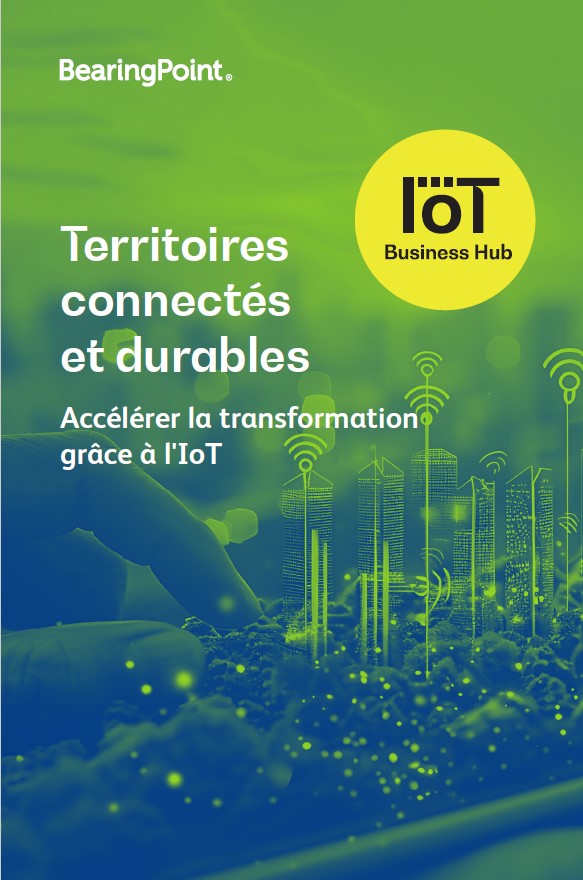
At a time when local authorities are facing financial challenges, while at the same time entering a dynamic of digital transformation and adaptation to new financial, social and environmental requirements, experts from the IoT Business Hub’s center of excellence set out to decipher the key trends in connected and sustainable territories: use cases, technical choices, economic and environmental impact, and avenues for future improvement.
The aim of this study is to provide an overview of IoT connectivity solutions, in particular the
main cellular (NB-IoT and LTE-M) and non-cellular (Wize, LoRaWAN, Sigfox) LPWAN technologies, with a view to helping make an informed selection of the most suitable connectivity solutions.
You can replay all our Green IoT Time events here :
“IoT for the planet: Street lighting
On the subject of public lighting, we have calculated that 3% of France’s annual electricity consumption could be avoided through the widespread implementation of IoT solutions.
The results of this study will be analyzed at several Green IoT Times, featuring Mavana and the companies contributing to the study.
For this third webinar on the subject of public lighting, we welcome speakers from NRGYBOX.
“IoT for the planet: agri-food logistics and car-sharing
We have calculated that by implementing IoT solutions on the chicken production chain, 40% of losses could be avoided.
In fact, 1.6% of global CO2eq emissions would be saved in the car-sharing sector.
The results of this study will be analyzed at several Green IoT Times, featuring Mavana and the companies contributing to the study.
For this second webinar on agri-food logistics and car-sharing, we’ll be joined by speakers from Mavana, Koovea and Citiz.
IoT France 2022: IoT at the service of the planet
The press speaks about it:
Becoming a member of BearingPoint’s IoT community means:
Have the opportunity to promote your offer to the BearingPoint community or to the wider public through contributions to our content (white papers, articles).
Priority access to our events with a reduced audience (e.g.: face-to-face version of the IoT Times, IoT Business Hub, networking events for members…).
Receive our IoT publications directly via e-mail (newsletters, articles, white papers).
Possible connection with another member (in return, the member accepts that his personal contact data be shared).
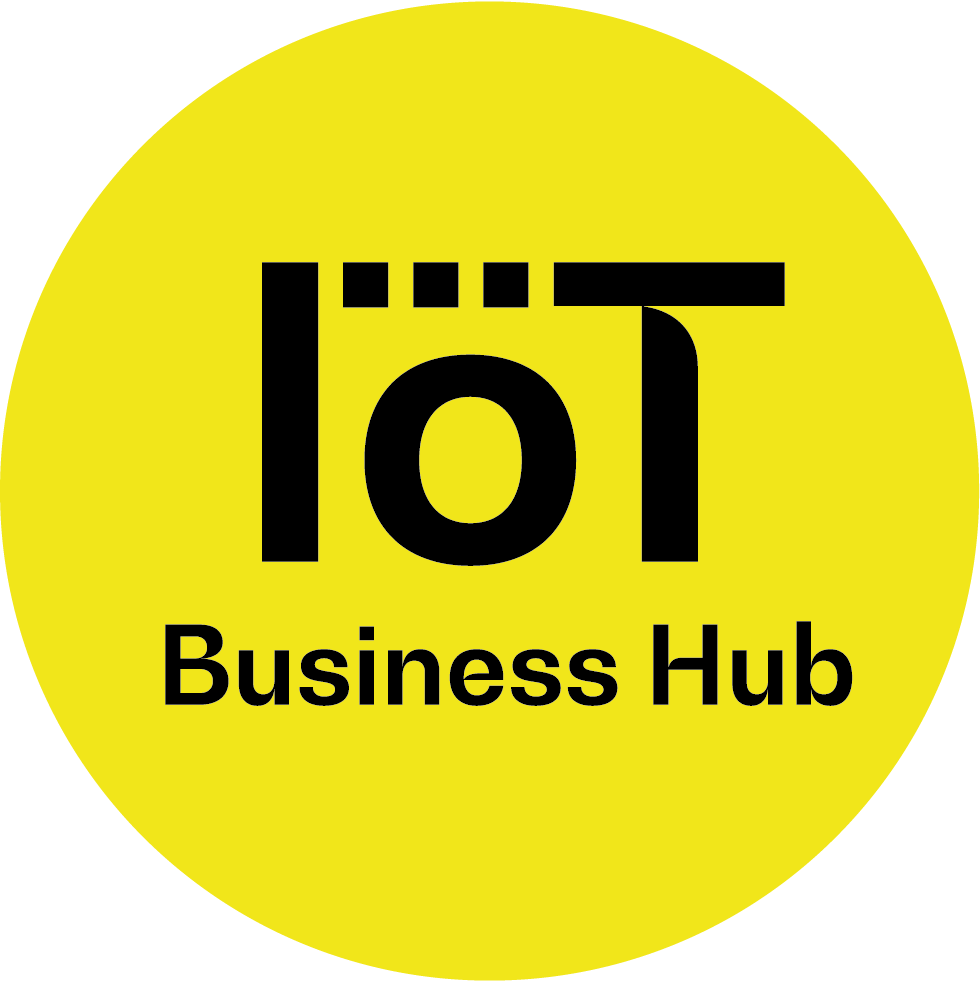


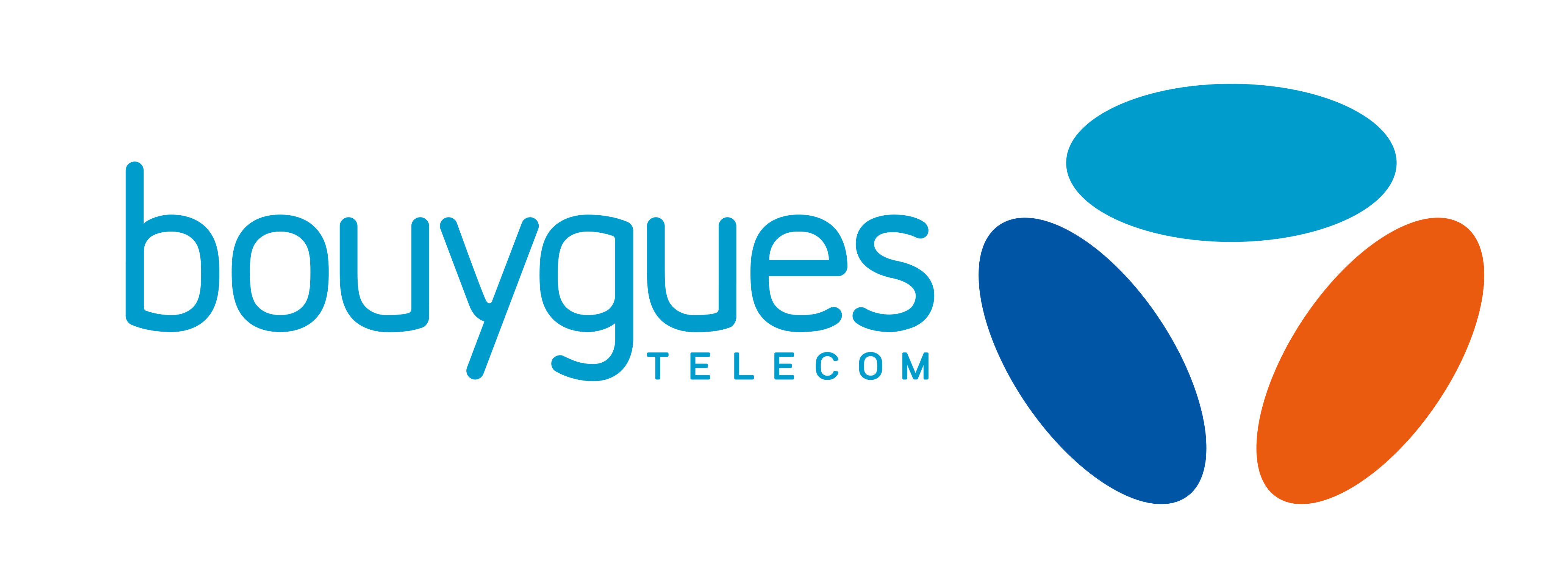
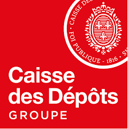

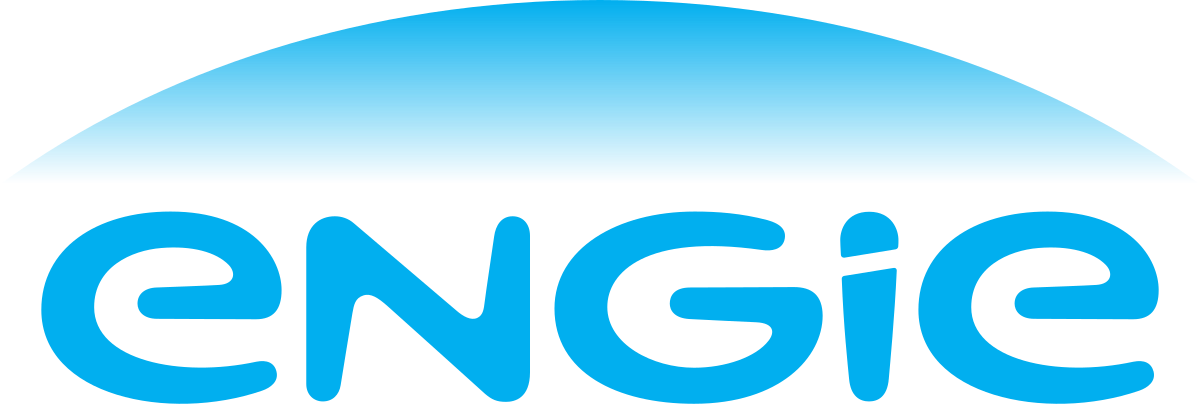


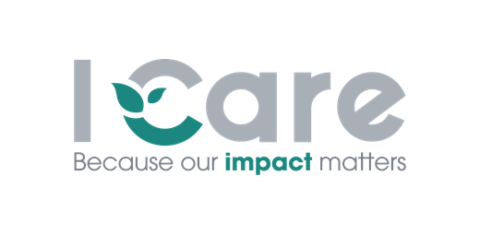



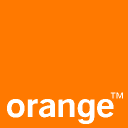



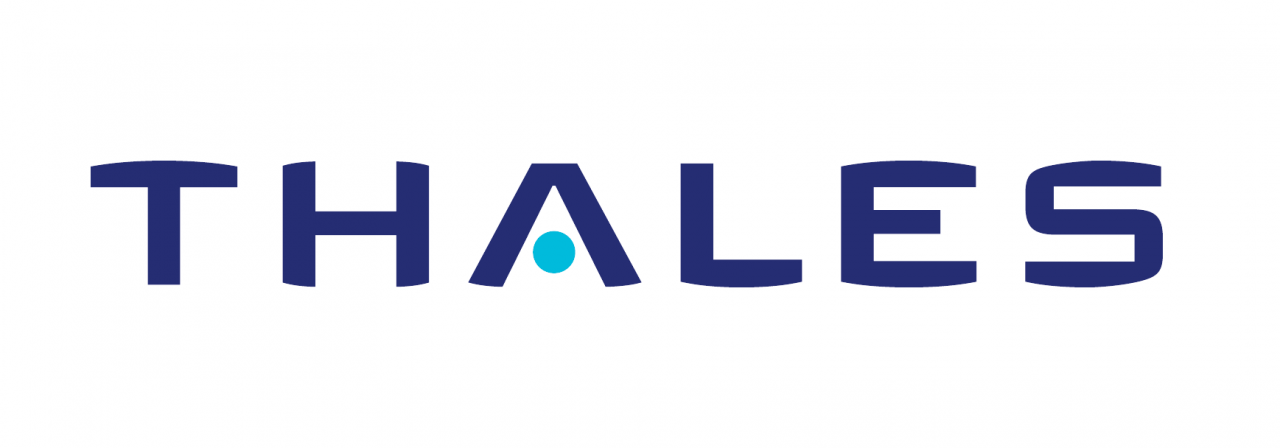


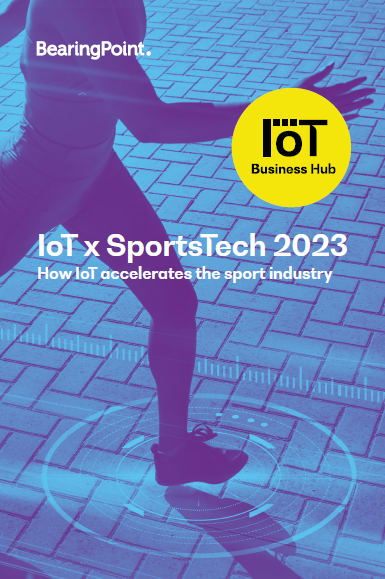
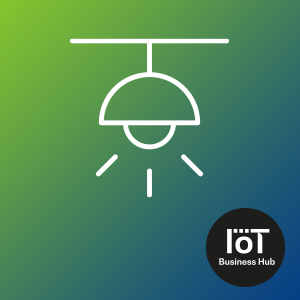

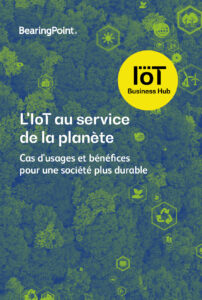
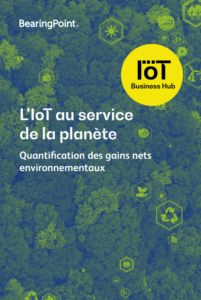
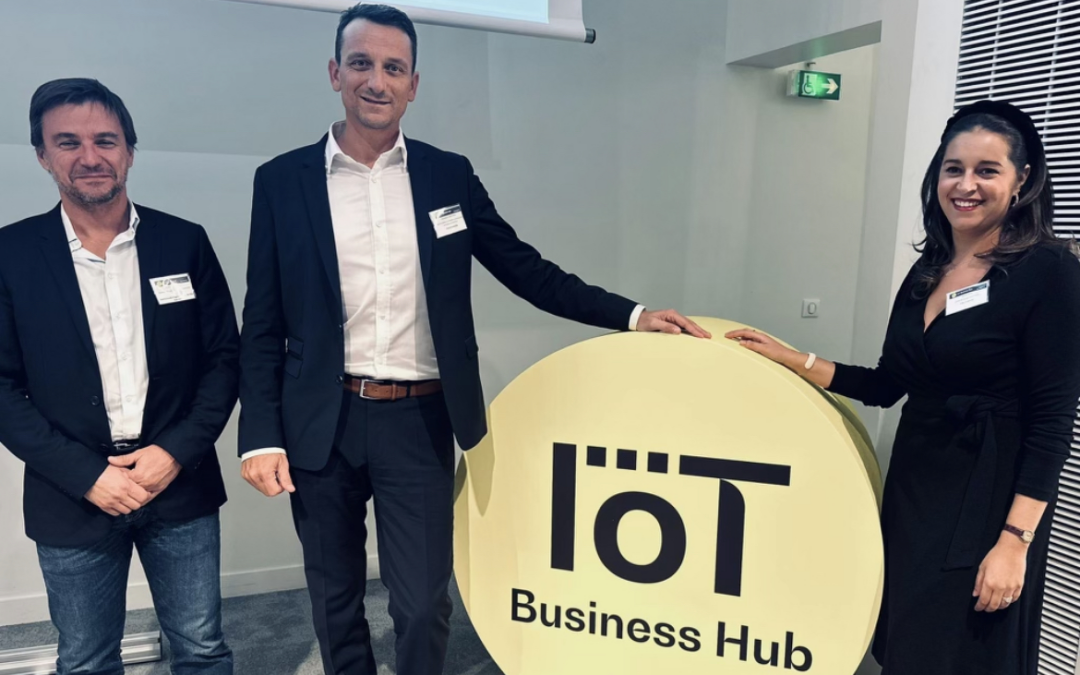
![[JDN] IoT Business Hub 2023 – Discover the winners](https://www.iotbusinesshub.com/wp-content/uploads/2023/11/a5595956-b0e4-47cd-80d4-b5fd855b9504-005-1.jpg)
![[JDN] IoT Business Hub 2022: discover the winners](https://www.iotbusinesshub.com/wp-content/uploads/2020/02/JDN-logo.png)